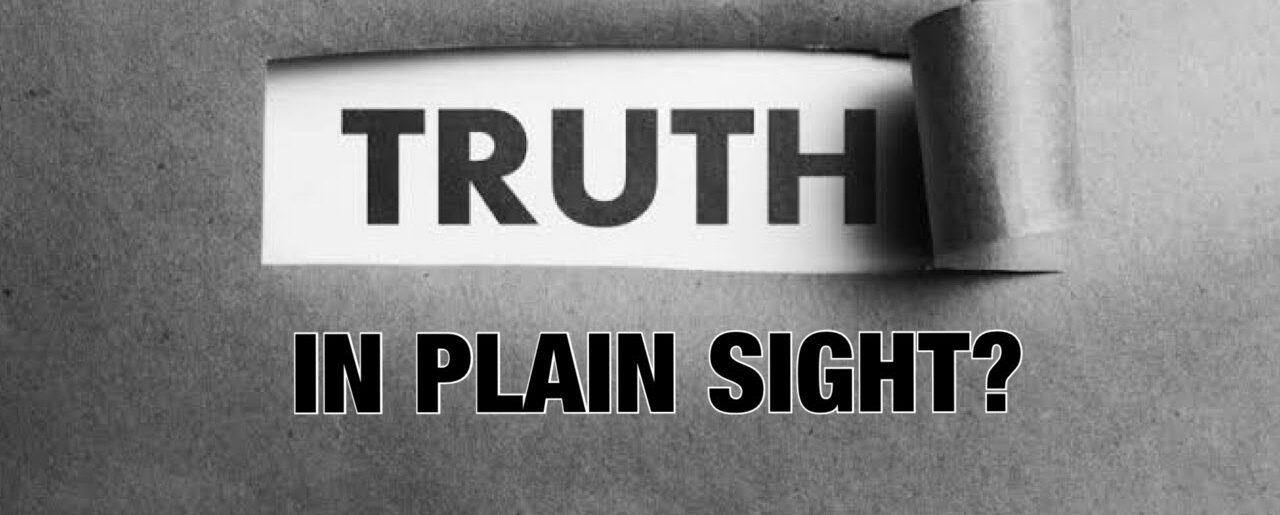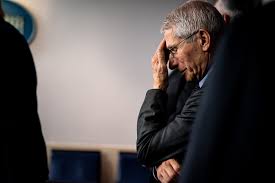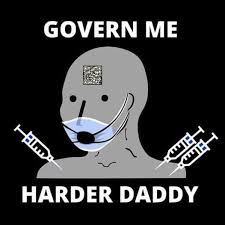Teaching Unvaccinated Students Separately? This School District Will Be the First to Try It
A tiny school district in California is setting up a separate in-person instructional program for its unvaccinated students, courting a showdown with the biggest state in the country and a tussle over the legal limits of how schools can respond to the COVID-19 crisis.
The Alpine Union school district’s plan, the first of its kind in the country, is designed to save its unvaccinated students from losing face-to-face instruction when the state’s K-12 vaccine mandate—also the only one of its kind in the nation—goes into effect, for some grades as early as July.
In this small K-8 district, in the foothills east of San Diego, where “choice” is a rallying cry that dominates the COVID vaccine debate, district leaders estimate that 40 percent or more of the 1,500 students aren’t inoculated against the virus.
“I’m not opposed to vaccines. I got the vaccine and the booster, too,” said Alpine’s superintendent, Rich Newman. “But I feel I should represent my community, and overwhelmingly, they’re believers in choice. I don’t want some students falling through the cracks because of the state’s vaccine mandate.”
Alpine’s dilemma reflects a question district leaders across the country are facing, said Dan Domenech, the executive director of AASA, the School Superintendents’ Association: What kind of education should they provide for children whose parents won’t get them vaccinated?
California is the only state so far to add COVID-19 inoculations to the longstanding list of other vaccinations required for in-person school attendance, such as measles, mumps and rubella. The mandate will take effect in phases, when federal officials grant full approval for the vaccine’s use in each age group. Currently, COVID vaccines are fully approved only for those 16 and older. Younger children can receive them under an emergency-use authorization.
Once California’s requirement kicks in, families of unvaccinated students—other than those with state-approved exemptions—will have three choices: private school, home schooling, or “independent study,” a learn-from-home option offered by the state.
The predicament Alpine faces is likely to arise nationwide. Louisiana announced this week that it will require the COVID vaccine for school attendance. Five districts in California already require it. And at least a dozen districts around the country require the vaccine for some students, typically student-athletes.
Some districts have conducted short-lived experiments aimed at serving both masked and unmasked students by teaching them in separate rooms, but they quickly abandoned those practices. No district has yet tried a separate program for unvaccinated students.
In-person program for unvaccinated students could violate law
The California governor’s office signaled that any district that sets up separate in-person instruction for unvaccinated students would run afoul of its orders.
“If you do in-person instruction, you need to abide by the vaccine mandate,” said Alex Stack, a spokesman for Gov. Gavin Newsom.
County health departments will be tasked with enforcing the vaccine mandate, Stack said. Legal experts said the state also has the authority to seek a court order to shut down school programs that violate state law.
“I don’t think California will allow a school district to create a separate program for unvaccinated students. If it violates state law, a judge is going to shut that down,” said James Hodge, a professor of law at Arizona State University and director of its Center for Public Health Law.
Courts have upheld challenges to vaccine mandates in higher education, and last weekend marked a key ruling for such requirements in K-12. On Dec. 5, the U.S. 9th Circuit Court of Appeals upheld San Diego Unified school district’s vaccine requirement. Hodge said that would buttress other California districts that enact such rules.
Read More: Education Week



